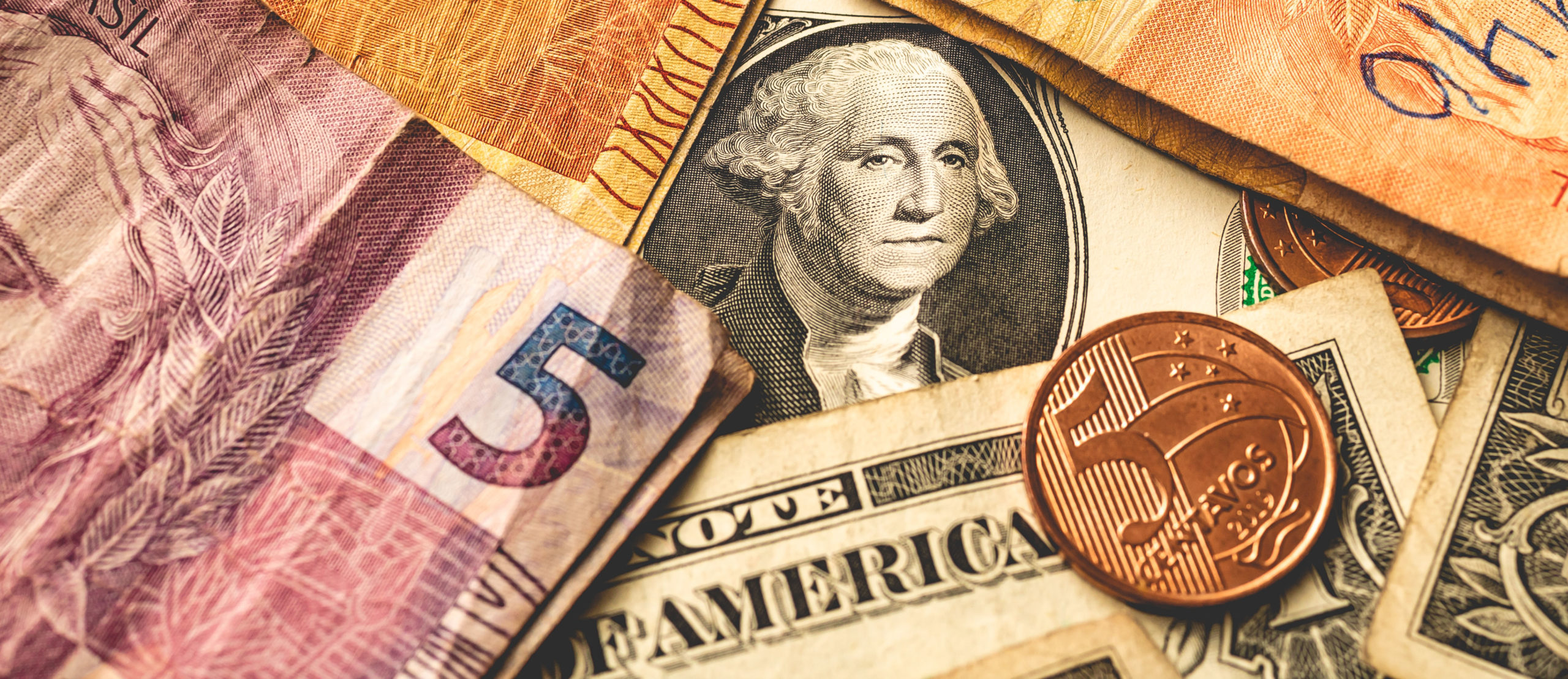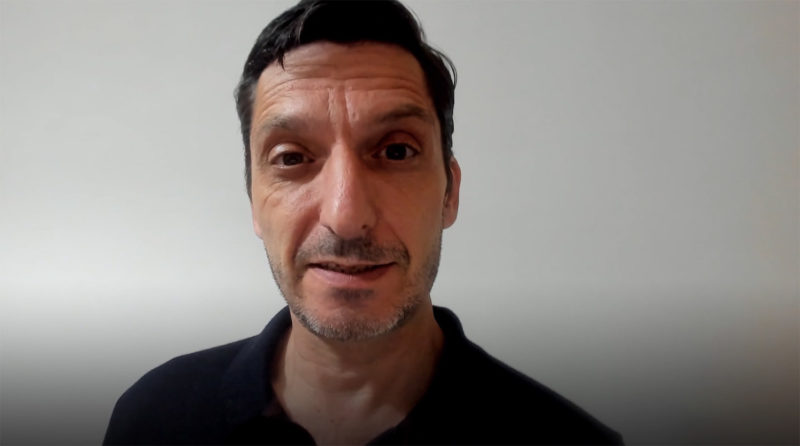

De-dollarisation: a rising trend
The hegemony of the dollar as the reference currency in global trade and as an instrument of monetary liquidity have granted power and privilege to the US for decades, but in recent years there has been fear that a growing number of countries are managing to decouple their economies from dependence on the dollar. We analyse the reasons behind it.
August 15 marked 50 years since President Richard Nixon assembled his team at Camp David to announce that he was suspending the dollar convertibility into gold. It was the beginning of the end of the Bretton Woods Agreements and became effective the following year when Nixon formalized it as a permanent decision.
Until then, the dollar was a currency based on the existence of gold as a counterpart. From that moment on, it became a fiat currency, money placed on trust, with its value derived from the relationship between supply and demand and the stability of the issuing government. A value that, unlike the guaranteed currency, is based on people’s faith, and may lose its value due to inflation, or even become inoperative in case of hyperinflation.
This new monetary framework replaced the intrinsic value granted by the demand for gold, mainly from the jewellery sector, with the creation of the petrodollar system, ergo establishing the dollar as the oil transaction currency, which forced any country willing to buy oil, to convert its currency into dollars. Such a system creates a dollar surplus that must be recycled and invested in the purchase of US government bonds and treasury bills, and consequently, creating an almost unlimited demand for the issuing country’s debt, a fact that allows the US to print large amounts of money without consequences. It is like a government black card.
Abusing a position of privilege
This demand for dollars gives the United States the possibility to assume perpetual debt because current account deficits are not a problem, due to its refinancing ease and confidence that investors will continue to buy assets that are considered safe.
Moreover, US control of the International Monetary Fund (IMF) and the World Bank (WB), two bodies born out of the Bretton Woods Agreement, as well as of SWIFT (Society for Worldwide Interbank Financial Telecommunication), added to US petrodollar hegemony, confer them such a negotiating, intimidating and punitive power that is often used for their own economic interests and at the expense of the interests of other countries.
The widespread application of economic sanctions by American administrations, especially under Trump’s government, not only against countries considered enemies of US interests, but also against allied countries that refuse to obey orders coming from Washington, is causing many states to question US dollar hegemony and to take steps to create a multilateral financial system to shield their economies.
Russia and China de-dollarise
Over the past decade, Russia and China have initiated programs and signed de-dollarisation agreements to protect and shield their economies from US government and International Monetary Fund (IMF) sanctions. By 2020, less than half of bilateral trade transactions between these two countries were in dollars, and this year Russia has announced that all of its National Investment Funds will move away from dollar to euro or gold denominations.
It is not surprising that other countries such as Venezuela, Turkey, Pakistan or Iran be also in the process of de-dollarisation, but perhaps it was not so predictable that the European Union would sign similar trade agreements and promoted, like these countries, its own digital currency to diversify its options and reduce the risk of a possible paradigm shift.
The dollar is not in danger of losing its status as a global currency, but its supremacy as a trading currency, and as a bargaining tool, may be seriously eroded if the United States continues to abuse its position of power.
If you want to discover the best option to protect your savings, go to Preciosos 11Onze. We will help you buy at the best price the ultimate safe haven asset: physical gold.






Interessant article. Merci
Aveure si el mes d’Octubre , deixen d’imprimir dollars……
Adéu Dolar! Hola Criptomoneda?
Altres països ho han intentat abans. Tinc entès que Gaddafi era el major impulsor d’una Unió Africana, tal com la UE, amb una moneda única, el dinar, que havia de ser la que s’utilitzés per vendre petroli també. USA va declarar la que va ser la primera guerra televisada.
Hussein era un sàtrapa com n’hi ha molts, però va començar a vendre petroli en euros i va esdevenir la guerra d’Irak. Els tractes de Xina i Rússia són diferents, doncs aquests tenen ambdós exèrcits els quals poden plantar-se davant els americans i el seu petrodòlar.
Tens raó, tot i que ara ha començat un nou cicle. La desdolarització s’esta posant de moda i Estats Units esta permeten aquest nou concepte a causa de que hi ha hagut un canvi de paradigma en la econmia, i Xina és ara el nou centre del món. Els Estats Units no li ha quedat un altre remei que acceptar aquest nou paradigma i avançar-se amb altres estratègies, perdent àrees d’influència com són ara l’Afganistan, l’Iraq i la banya d’Àfrica entre d’altres.
Gràcies per lexplicació
Hola, Manel! Moltes gràcies a tu per seguir-nos…
Els bancs privats són la realeza d’antany,mai millor ubicada la paraula USURA,el lobby de poder que com a l’edat mitjana era el rei i els nobles ara són els bancs mitjançant la compra de la classe política qui explota al poble
És exactament així, Alícia… malauradament.
Economia i història basada en l´economia. La combinació perfecta. gràcies
Bona tarda, Mercè, moltes gràcies pel teu comentari. Ens veiem per la Plaça!
👍